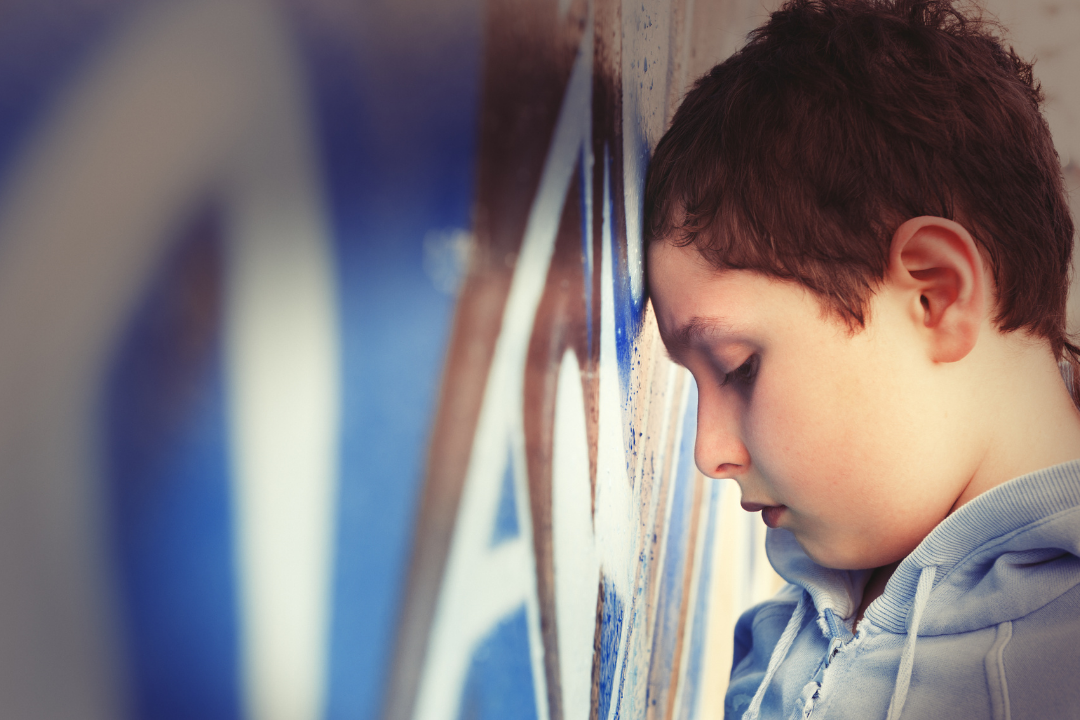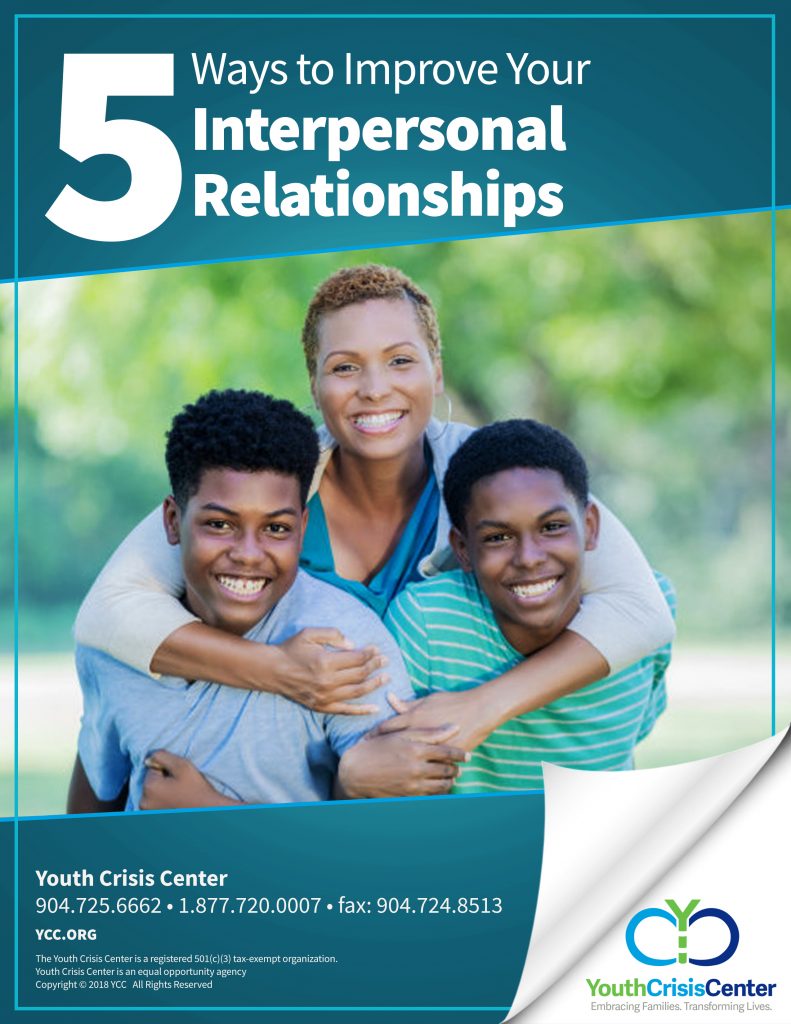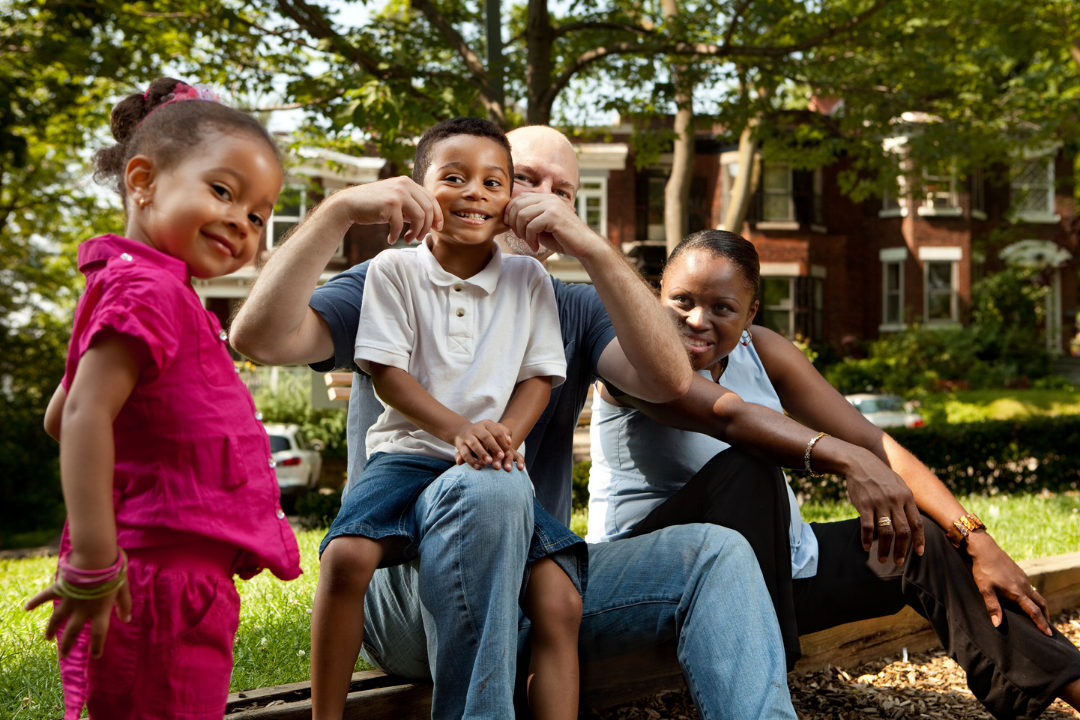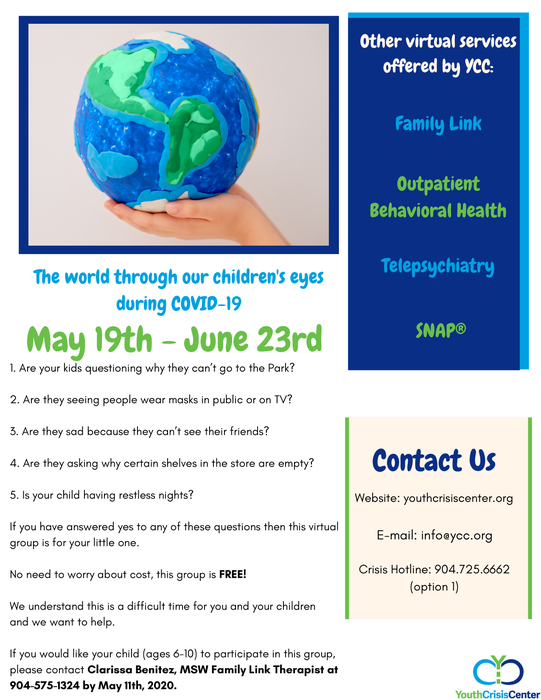Depression and what does it look like for me and my child? We as adults think we understand what depression looks like, we sleep a lot, maybe we eat too much ice cream, we wear black, and listen to sad music. We write sad poetry and comment on the unfair nature of life? What does it look like with our children should be the real question? Honestly with all the physical, social, and emotional changes happening with our children each day depression and anxiety for a child are so difficult to differentiate. Before with children, we would chalk it up to growing pains, or a phase of life for which children will grow out of. The real truth is, it is one of the most difficult times in American history to be a child.
If you looked up Depression in the Webster Dictionary you will get a definition of:
1. Feelings of severe despondency and dejection
When I first looked at this definition, I note with the question “What is severe?” With many kids’ emotions and the many fluid changes happening in a kid’s life, everything seems severe. Some may wonder if it could be so severe that it will end in drug addiction, criminal behavior, or suicide. The fact is what is severe with one child, may not be severe for another. We cannot assume that because we as parents can deal with something our child will be okay. A break up of a relationship or a failing grade may not lead to an extreme action of self-inflicted pain or suicide. This may not be the case for other kids, as an event like this may lead to the decision to harm themselves or others. As a parent, it is important to an error on the side of caution and you should speak to a professional. You may know your child, but if they are dealing with depression or anxiety, they may not want to share that with a family member or a loved one. In some cases, kids may find it easier to open up to someone who is not related to them.
What is part of growing up and what is a mental health condition?
“In 2017, 13% of U.S. teens ages 12 to 17 (or 3.2 million) said they had experienced at least one major depressive episode in the past year, up from 8% (or 2 million) in 2007, the total number of teenagers who recently experienced depression increased 59% between 2007 and 2017. The rate of growth was faster for teen girls (66%) than for boys (44%). 7-in-10 U.S. teens said anxiety and depression is a major problem among people their age in the community where they live, according to a Pew Research Center survey of teenagers ages 13 to 17 conducted in fall 2018. An additional 26% cited anxiety and depression as a minor problem. An article in Johns Hopkins Health Review explains adolescent depression is a relatively new diagnosis. Until the 1980s, mental health professionals were reluctant to diagnose youth with a mood disorder in part because the adolescent brain is still developing and they thought it would not be appropriate to diagnose someone so young with depression. Also, professionals believed that teen moodiness was perfectly normal during what is often referred to as the “turbulent years.” According to a Pew Research Center analysis of data from the 2017 National Survey on Drug Use and Health (Pew Research Center).
Kids today deal with more than any other child in the modern age, from social media overstimulation, increased standards for success earlier in life, limited avenues for success, disjointed family structures, and divisive social interactions.
Children deal with :
Uncertain time
Today’s youth are living through world Pandemics, Terrorism, School shootings, increased levels of suicide, drug use to include drug overdoses, and increased teenage gang involvement. We live in a world where our news is on a 24/7 cycle. There is always something breaking in one country. Kids today know and can access more information both positive and negative than any other generation in the past.
Lack of sleep:
Electronics increased requirements in school, and limited avenues of success for youth in school (no music, art, or vocational arts). We all have our distractions, but kids these seem to be caught with their video games, social media apps, and streaming services that some may spend less time working or socializing in person.
Lack of Family and Community:
A new Pew Research Center study of 130 countries and territories shows that the U.S. has the world’s highest rate of children living in single-parent households. While U.S. children are more likely than children elsewhere to live in single-parent households, they’re much less likely to live in extended families. In the U.S., 8% of children live with relatives such as aunts and grandparents, compared with 38% of children globally. According to the New York Times In 1962 African American Homes single parent, were 30% and in 2017 reported 82%. Caucasian homes in the same statistic went from 5% to 55%. Today 28% of families report having both parents in the home and never married. We have no real definition of family. Community interaction is limited at best to non-existent, and schools due to security threats look more like prisons than places of youth education. With mass shootings at public events, and security needs around the world people have been isolating from 9-11, and now with the world in lockdown over the COVID-19 pandemic, this issue will be intensified.
So as a parent what should you look for with a child dealing with depression?
The following symptoms for childhood depression are:
- Irritability or anger
- Continuous feelings of sadness and hopelessness
- Social withdrawal
- Increased sensitivity to rejection
- Changes in appetite — either increased or decreased
- Changes in sleep — sleeplessness or excessive sleep
- Vocal outbursts or crying
- Difficulty concentrating
- Fatigue and low energy
- Physical complaints (such as stomachaches, headaches) that don’t respond to treatment
- Reduced ability to function during events and activities at home or with friends, in school, extracurricular activities, and in other hobbies or interests
- Feelings of worthlessness or guilt
- Impaired thinking or concentration
- Thoughts of death or suicide
If my kids have some or most of these symptoms what do I do?
Get help from a professional.
With resources in the palm of your hand, there is no excuse to get help. In every city and state, there are resources out there to help you and your family. With tragedies like school shootings Parkland Florida, and Columbine High School, Columbine, CO has come a better understanding of Mental health, depression, bullying, school pressure and the need for professional aid. You don’t need to be ashamed, you’re not alone. If you don’t have money there are services for free to aid children.
Exercise:
It is proven that exercise creates the brain chemical known as Dopamine which is directly responsible for happiness. Get your child out of the house and running around. Take your child to parks, playgrounds, and other places for safe fun athletic involvement. Enroll your child in organized group activities they are good at and encourages social interaction.
Eat healthier:
This means less fast food and more home-cooked meals, more greens, beans, nuts, and rich health proteins. What we put in our bodies directly reacts and relates to our mood. If you eat healthier, then you allow the body and the brain to run more efficiently. With the creation of the T.V. dinner in the 1970s, we stopped family dinners and moved from the dinner table to the drive-thru. With more meals, you will see a better mood, better school performance, and less depression.
Get more sleep:
Children require a minimum of 6 hours of sleep and recommended 8 hours of sleep. This allows time for the brain to enter REM mode which allows the brain to reset chemically. It was believed the brain shut down during sleep, but with technological advances, we have come to learn the brain becomes hyperactive as it processes and resets the brain to optimal working standards. When you do not get enough sleep your brain fails to have this opportunity and works less efficient which leads to anxiety and depression.
Be involved with your child:
Be involved in your children’s lives. It’s not enough to provide their needs, and wants, but to be involved in their lives. Teens begin the “War for Independence” when they enter the “turbulent years,” which makes connections difficult, but it is still very important for them to know that you are there for them. Children develop life skills from school, the social interaction from friends, and self-esteem from both Parents. It is not enough to take care of them, you need to be there for them.
Limit media intake:
There is nothing wrong with limiting negative information and access to free streams of information. No matter how intelligent your child is, or believed capable or interested in social media it is important for limits to social media, news, video games, and other technology. Youth are still dealing with all the same scholastic, social, romantic, and parental demands we dealt with, but now they are connected and plugged in 24/7. As parents, it’s important to limit online connectedness for real-life family interaction.
Finally, if you suspect Suicide?
- Ask your loved one if they are suicidal or plan to harm themselves. They may answer “no” and you may still need to take them to the hospital for help, but the fact you asked the question may be enough to draw attention to the situation for the youth.
- Call the Police. In Florida, we have what’s called the Baker Act named after the originator Maxine Baker. This law was created for those wishing to harm or suicide themselves could be taken, assessed and receive treatment.
- If you know someone that is planning on killing themselves then please call (866) 441-8725 in the state of Florida. The National Suicide Prevention Lifeline. 1-800-273-8255 or call 911 and speak to the local police.
Youth Crisis Center’s Family Link Program
YCC’s Family Link program provides professional and compassionate short-term, outpatient counseling services to families with children ages 6-17 who are experiencing concerns that could disrupt the health and stability of the family. These services are available at no cost to residents of Baker, Clay, Duval, St. Johns and Nassau counties through appointments at the child’s school or other community locations. Click to learn more about Family Link and the 5 Ways to Strengthen Your Family. All Family Link counseling sessions are confidential. To learn more about services, please call (904) 725-6662.













